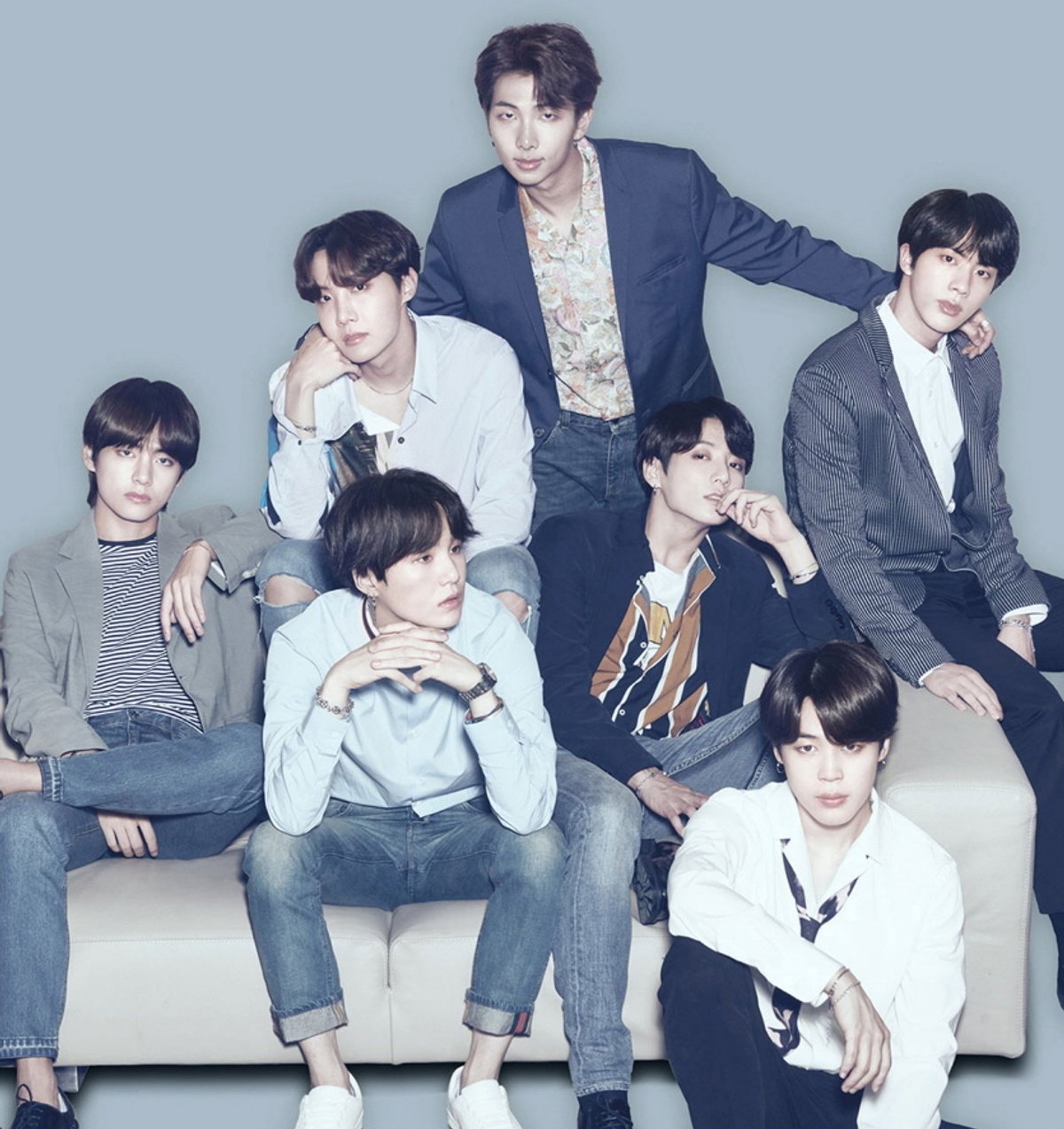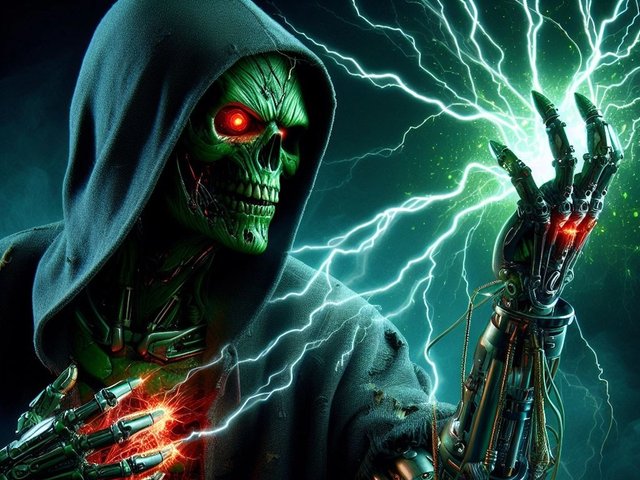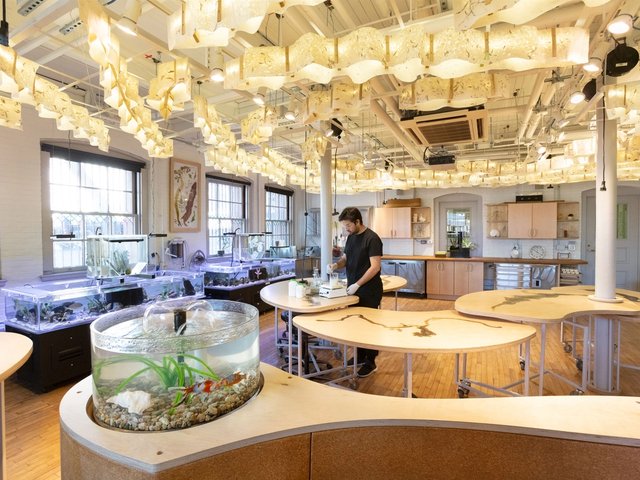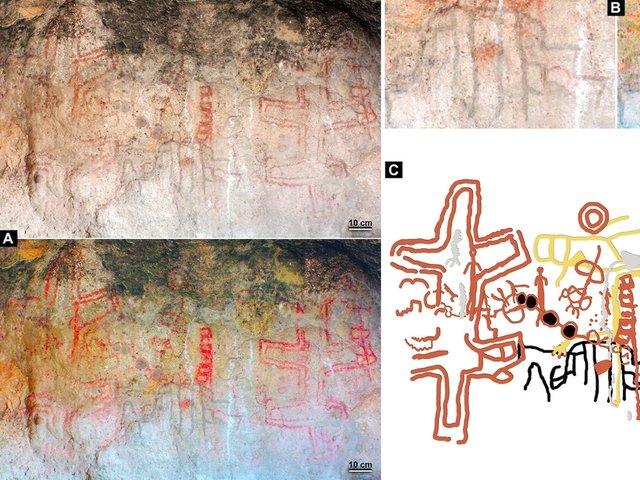In our extensively digitised 21st century, the transnational perspective is giving way to a transgenerational one. One clear characteristic of this digital age is that technological environments have more impact on individual identities and worldviews than they do on geographical environments. Social networking services instantly connect people wherever they are in the world, and – however far apart they might be – like-minded people can create a network and establish a sense of solidarity. Yet, simultaneously, people are experiencing an absence of communication between neighbours and even among their own family members: it is a great irony that the hyper-connectivity of our digital society has created an abyss between the digital and non-digital generations.
According to some optimistic futurologists, technology will connect the world more closely and create a fair and democratic future. But they have unfortunately overlooked the selfish elements of humanity, capital and technology. These elements, like gravity, pull in yet more information, capital and sophisticated tech to establish their own ecosystems in a race to the top. This kind of society is flawed in that it imposes a kind of polarised, limited worldview upon its members. Humans are inclined to communicate with one another, but at the same time, they will rail against becoming identical. People, by nature, have a desire to think differently and to be different from others.
This is why we need art. New definitions of art are required in order to expand its audiences, as well as their engagement with it, moving beyond the notion of art as a collectible for the wealthy few, to an experience to be shared by the many. Throughout history, art has addressed a deep human need, providing diverse ways to respond to the world, and varied means to understand it. If art is seen by others, then perspectives can be shared, and perhaps in turn trigger a response. The process is not unlike a chain reaction—though it might go in all directions—and can be a source of empathy between people from different backgrounds, contributing to a broader understanding of what we come from, what we are (and are not), and where we might be going.
I have had numerous meetings with artists and curators, and these have repeatedly touched on the question of what solidarity can be in this world of tech-enabled hyper-connectivity. What can we do to help people constructively navigate this world together, when, paradoxically, all this digital connectivity can engender contemporary issues of isolation, fear, conflict and antagonism. I use the word “connect” as a straightforward way to describe the linkages we generate, but also the added value we associate with making a connection, or feeling connected to a person or a thing.
To quote the artist Naum Gabo, “The force of art lies in its immediate influence on human psychology and in its active contagiousness”—we don’t want to keep art in an ivory tower, we want to share it widely. Pop music, one inspiration for my current Connect, BTS project, has a long history of having a multigenerational, global appeal in a way that art has rarely managed to achieve. By working with “artists” like the phenomenally successful South Korean boy band BTS, who have a strong, inclusive and positive worldview that has mobilised their legions of fans, we have an opportunity to expand audiences for art.
In studying BTS’s philosophy of respect for diversity, as well as their love and care for the periphery, I have come to shift the focus away from my own Korean identity and to recognise myself as a part of humanity as a whole. This helped make the idea of global solidarity much clearer. Ultimately, every individual is important because we are all different; we are the authors of our own paths into the future, but we are also fellow travellers. I look forward to walking this path together, in search of new connections.
Read more about the major public arts project Connect, BTS here.
• Daehyung Lee is the director of Hzone and the artistic director of Connect, BTS





